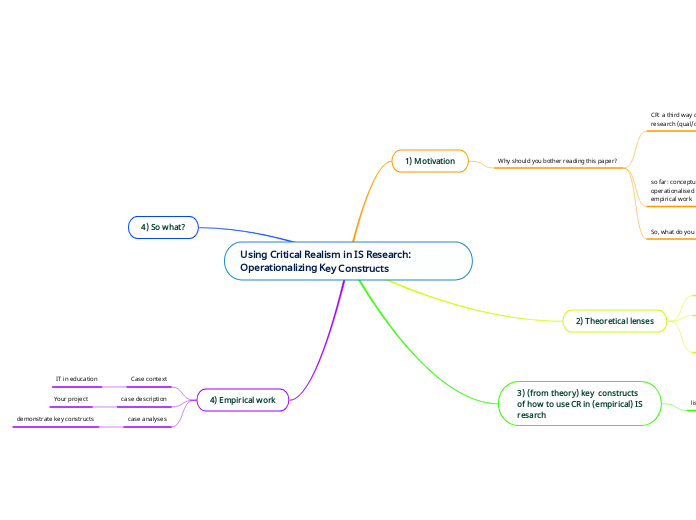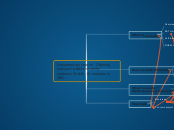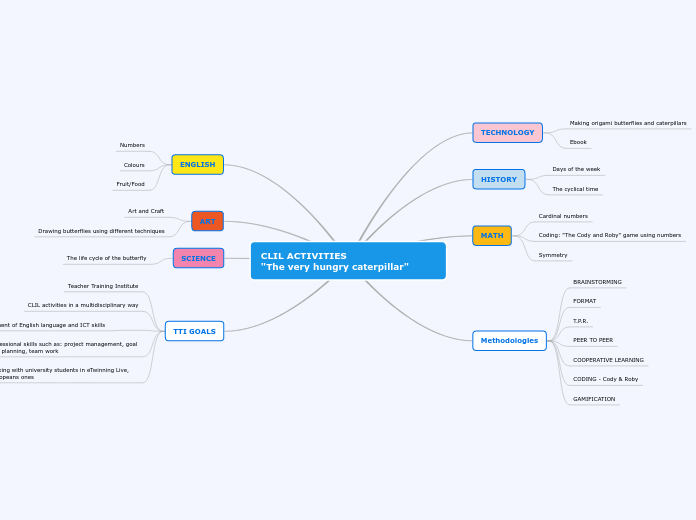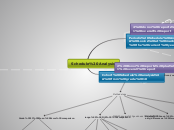a Øystein Sæbø 3 éve
223
Using Critical Realism in IS Research: Operationalizing Key Constructs
Critical realism (CR) has emerged as a significant philosophical approach in Information Systems (IS) research, offering a balanced perspective that reconciles the divide between objectivism and relativism.









